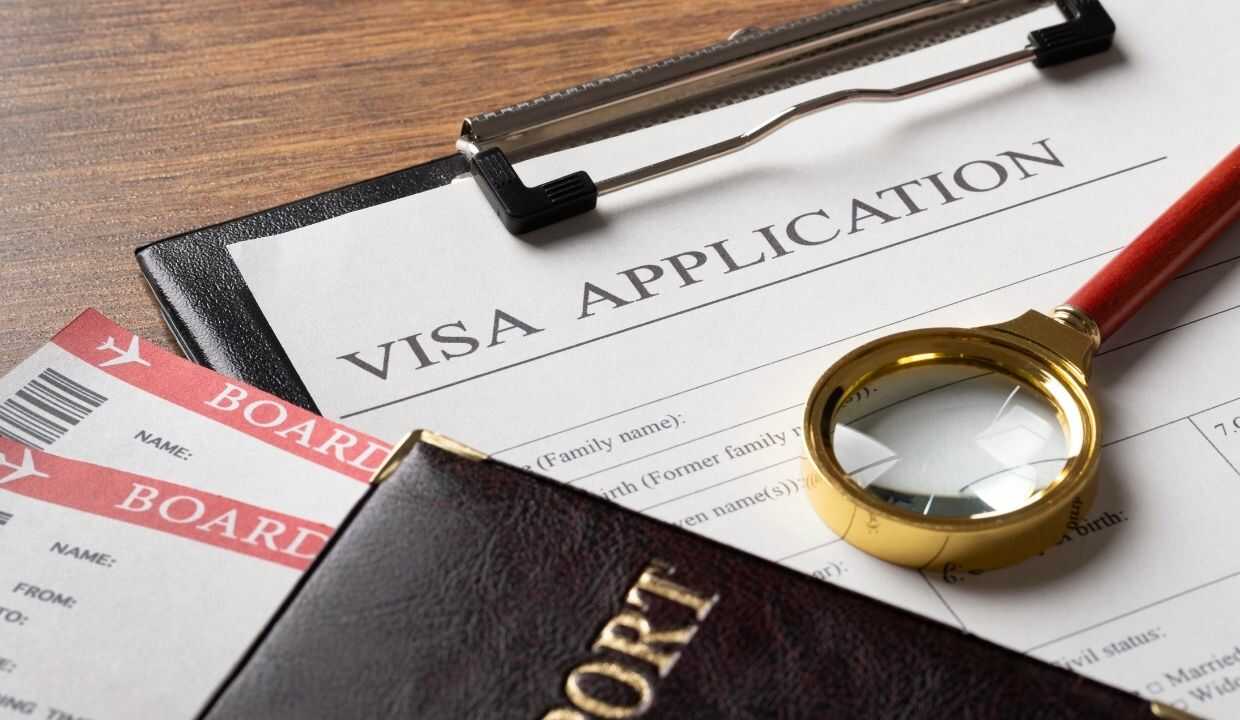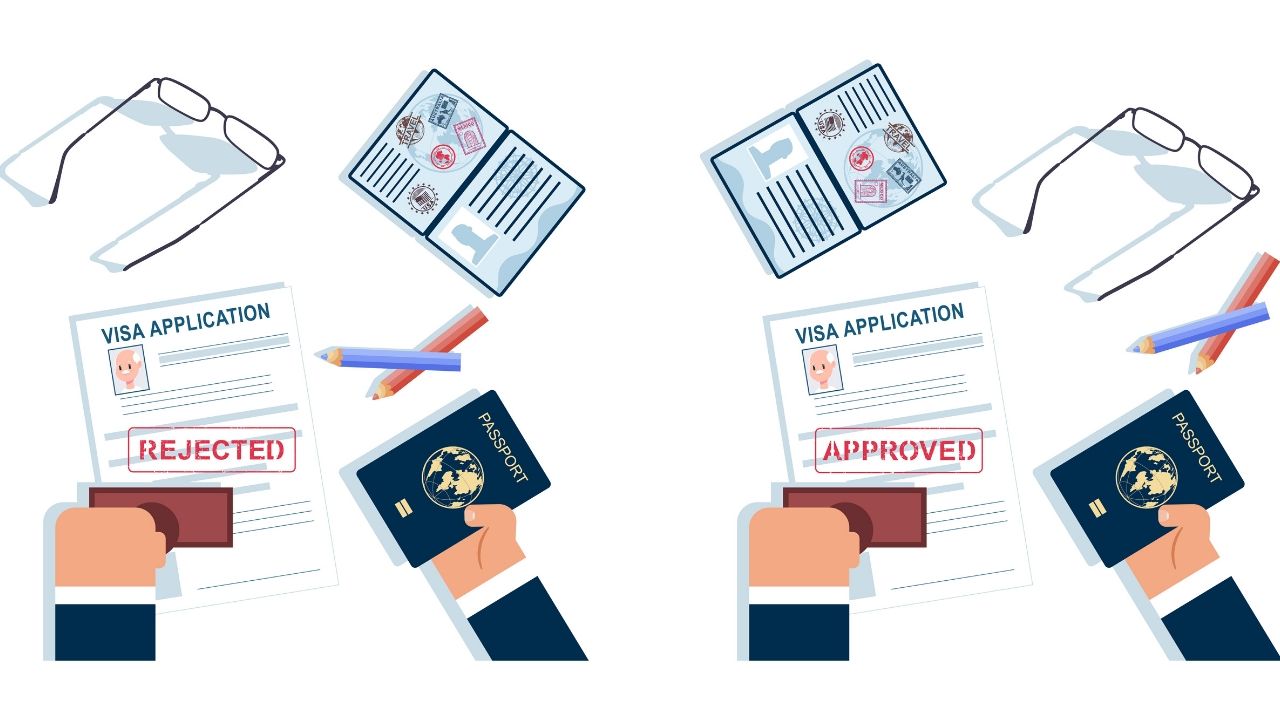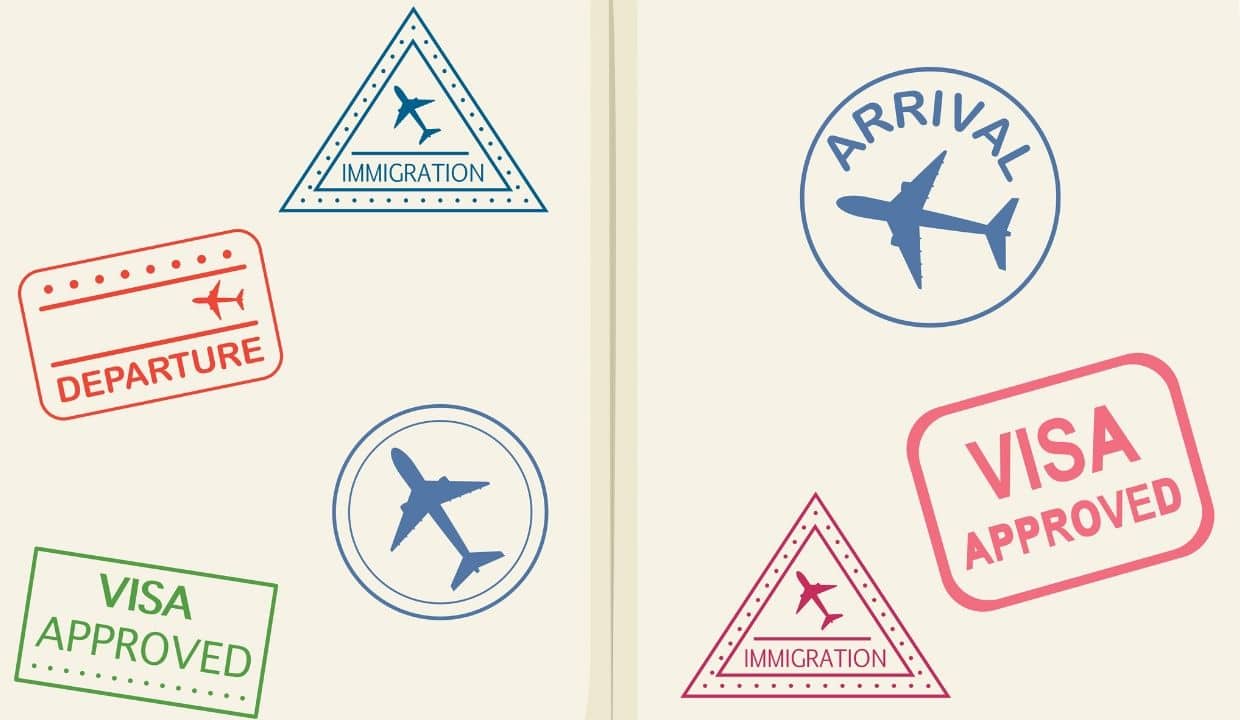Understanding Vietnam visa types and categories in Vietnam is crucial for several reasons:
1. Why need to understand Vietnam visa types?
Legal Compliance: Different visa categories correspond to specific legal provisions and requirements outlined in the Law on Entry, Exit, Transit, and Residence of Foreigners in Vietnam. Adhering to these regulations is essential for legal compliance, and failure to do so may result in visa denials, fines, or even deportation.
Purpose-Specific Entry: Each visa category is designed for a particular purpose of entry, such as tourism, business, investment, work, or study. Knowing the appropriate category ensures that individuals enter the country with the correct visa that aligns with their intended activities. Using the wrong visa category can lead to legal complications and potential restrictions on activities.
Duration and Validity: Understanding the codes associated with visa types provides information about the duration and validity of the visa. Different visas have varying periods of validity, ranging from a few days to several years. This knowledge is crucial for planning and ensuring that the visa remains valid throughout the intended stay.
Specialized Requirements: Certain visa categories have specific requirements or conditions, such as the need for work permits, investment documents, or sponsorship letters. Being aware of these requirements is essential to gather and submit the necessary documentation for a successful visa application.
Exemptions and Privileges: Some visa categories may benefit from exemptions or special privileges, such as diplomatic or official visas. Understanding these exemptions is essential for individuals who may qualify for special treatment based on their roles or affiliations.
Avoiding Penalties: Using the correct visa category helps individuals avoid penalties associated with visa violations. Overstaying, engaging in unauthorized activities, or misusing a visa can lead to legal consequences, affecting future travel to Vietnam and potentially other countries.
Efficient Application Process: Knowing the appropriate visa category streamlines the application process. It enables applicants to provide accurate information and documentation, reducing the likelihood of visa processing delays or rejections.
Customized Advice: Law firms in Vietnam, specializing in immigration and visa matters, can provide more effective and tailored advice when they understand the specific category and code relevant to a client’s situation. This expertise ensures that clients receive accurate guidance based on their unique circumstances.
In summary, a clear understanding of Vietnam visa types and categories is essential for legal compliance, facilitating smooth entry, avoiding penalties, and receiving appropriate advice from legal professionals. It contributes to a more efficient and secure process for individuals seeking entry into Vietnam for various purposes.
2. Vietnam Visa Types and Categories by the Law on Entry, Exit, Transit, and Residence of Foreigners
- NG1: Issued for members of invited delegations of the General Secretary of the Central Committee of the Communist Party of Vietnam, the President, the Chairman of the National Assembly, and the Prime Minister.
- NG2: Issued for members of invited delegations of the Standing Committee of the Central Committee of the Communist Party of Vietnam, the Vice President, the Vice Chairman of the National Assembly, the Vice Prime Minister, the Chairman of the Central Committee of the Vietnam Fatherland Front, the Chief Justice of the Supreme People’s Court, the Prosecutor General of the Supreme People’s Procuracy, and the State Auditor General; Members of the same level delegation of Ministers and equivalent, Provincial Party Secretary, City Party Secretary, Chairman of the People’s Council, Chairman of the People’s Committee of the province, and centrally-run cities.
- NG3: Issued for members of foreign diplomatic missions, consular offices, representatives of international organizations under the United Nations, representatives of intergovernmental organizations, and spouses, children under 18, and accompanying domestic helpers.
- NG4: Issued for individuals working with foreign diplomatic missions, consular offices, representatives of international organizations under the United Nations, and intergovernmental organizations, along with their spouses, children under 18, and individuals visiting members of foreign diplomatic missions, consular offices, representatives of international organizations under the United Nations, and intergovernmental organizations.
- LV1: Issued for individuals working with central agencies of the Communist Party of Vietnam, the National Assembly, the Government, the Central Committee of the Vietnam Fatherland Front, the Supreme People’s Court, the Supreme People’s Procuracy, the State Audit, Ministries, government-attached agencies, agencies under the Government; Provincial Party Committee, City Party Committee, People’s Council, People’s Committee of the province, and centrally-run cities.
- LV2: Issued for individuals working with political-social organizations, social organizations, the Vietnam Chamber of Commerce and Industry.
- LS: Issued for foreign lawyers practicing in Vietnam.
- ĐT1: Issued for foreign investors in Vietnam and representatives of foreign organizations investing in Vietnam with a capital contribution value of VND 100 billion or more, or investing in preferential investment sectors, investment incentive areas as decided by the Government.
- ĐT2: Issued for foreign investors in Vietnam and representatives of foreign organizations investing in Vietnam with a capital contribution value from VND 50 billion to less than VND 100 billion, or investing in encouraged sectors according to the Government’s decision.
- ĐT3: Issued for foreign investors in Vietnam and representatives of foreign organizations investing in Vietnam with a capital contribution value from VND 3 billion to less than VND 50 billion.
- ĐT4: Issued for foreign investors in Vietnam and representatives of foreign organizations investing in Vietnam with a capital contribution value less than VND 3 billion.
- DN1: Issued for foreigners working with enterprises, other legal entities as stipulated by Vietnamese law.
- DN2: Issued for foreigners entering to offer services, establish commercial presence, and carry out other activities according to international treaties of which Vietnam is a member.
- NN1: Issued for the Head of the representative office, project of an international organization, non-governmental organization in Vietnam.
- NN2: Issued for the head of the branch of a foreign trader, representative office of an economic organization, cultural organization, and other specialized organizations of a foreign country in Vietnam.
- NN3: Issued for individuals working with foreign non-governmental organizations, representative offices, branches of foreign traders, representative offices of international economic organizations, cultural organizations, and other specialized organizations of foreign countries in Vietnam.
- DH: Issued for individuals entering for internships, study purposes.
- HN: Issued for individuals entering to attend conferences, seminars.
- PV1: Issued for journalists, resident press in Vietnam.
- PV2: Issued for journalists, press entering for short-term activities in Vietnam.
- LĐ1: Issued for foreign individuals working in Vietnam with confirmation not subject to a work permit, except for cases under international treaties of which Vietnam is a member with different provisions.
- LĐ2: Issued for foreign individuals working in Vietnam subject to the requirement of having a work permit.
- DL: Issued for individuals entering for tourism.
- TT: Issued for foreigners who are spouses, children under 18 of foreigners granted visas with codes LV1, LV2, LS, ĐT1, ĐT2, ĐT3, NN1, NN2, DH, PV1, LĐ1, LĐ2, or foreigners who are fathers, mothers, spouses, children of Vietnamese citizens.
- VR: Issued for individuals entering to visit relatives or for other purposes.
- SQ: Issued for cases as specified in clause 3 of Article 17 of the Law on Entry, Exit, Transit, and Residence of Foreigners in Vietnam 2014 (amended 2019).
- EV: Electronic visa in Vietnam.
About ANT Lawyers, a Law Firm in Vietnam
We help clients overcome cultural barriers and achieve their strategic and financial outcomes, while ensuring the best interest rate protection, risk mitigation and regulatory compliance. ANT lawyers has lawyers in Ho Chi Minh city, Hanoi, and Danang, and will help customers in doing business in Vietnam.
How ANT Lawyers Could Help Your Business?
You could learn more about ANT Lawyers Visa or contact our for advice via email ant@antlawyers.vn or call our office at (+84) 24 730 86 529




